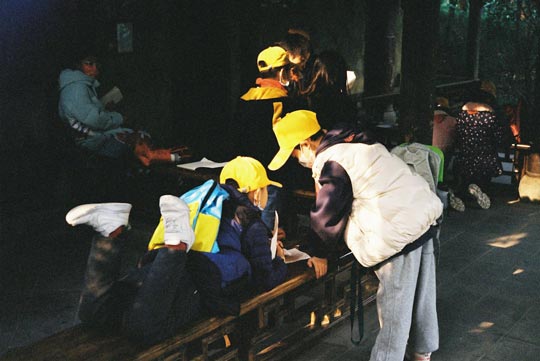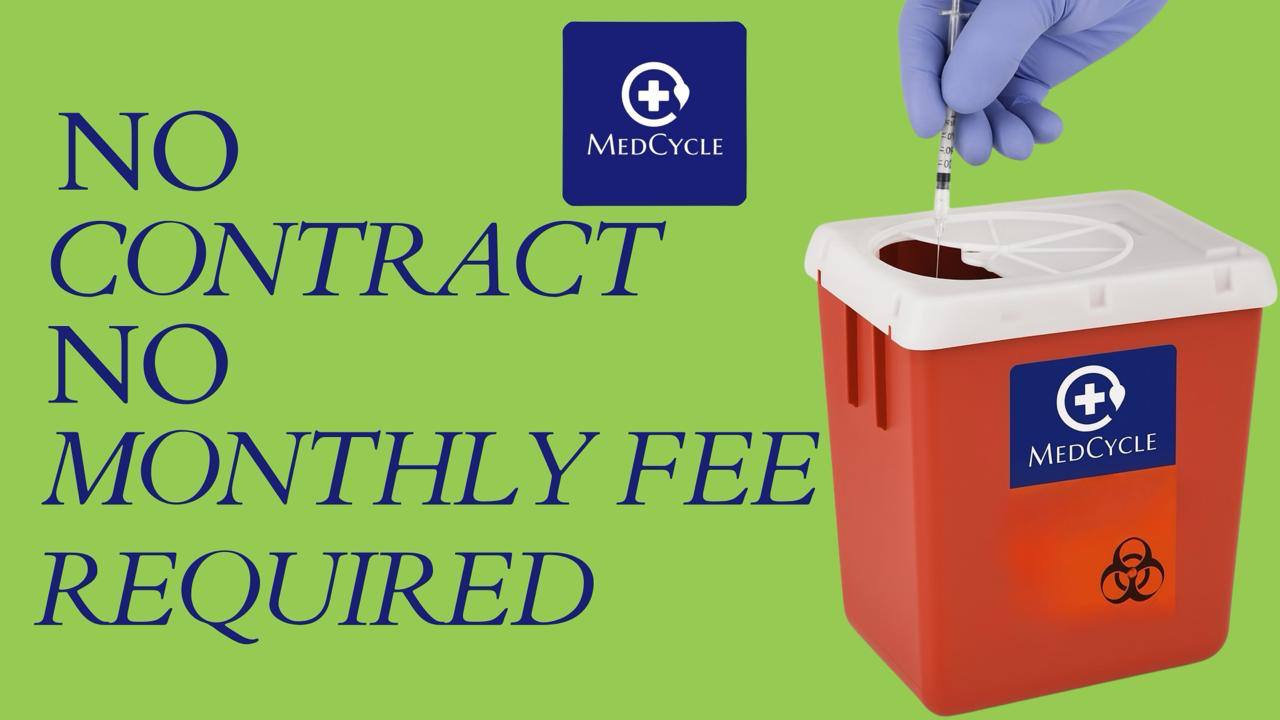In Houston’s fast-paced healthcare environment, managing pharmaceutical waste disposal in Houston clinics is a vital responsibility. With the city’s extensive network of medical facilities, clinics produce significant volumes of pharmaceutical waste—ranging from expired medications to controlled substances. Improper disposal not only harms the environment but also puts the community at risk of contamination and drug misuse.
This guide offers a comprehensive look at how Houston clinics can manage pharmaceutical waste safely, legally, and efficiently.
What Counts as Pharmaceutical Waste?
Pharmaceutical waste includes expired, unused, or contaminated medications and vaccines that must be disposed of properly to avoid health and environmental hazards. Houston clinics typically encounter three main types:
Non-Hazardous Waste
-
Includes OTC medications and some prescriptions
-
Generally poses little threat but still requires proper disposal
Hazardous Waste
-
Includes chemotherapy drugs, certain anesthetics
-
Requires specialized disposal methods under RCRA and EPA regulations
Controlled Substances
-
Drugs with abuse potential regulated by the DEA
-
Must be securely stored and destroyed with documentation
Understanding these classifications is crucial for setting up compliant disposal protocols.
Why Proper Pharmaceutical Waste Disposal in Houston Clinics Is Crucial
Improper disposal can lead to:
-
Water and soil contamination
-
Harm to wildlife and ecosystems
-
Drug misuse and diversion risks
-
Fines and violations from TCEQ, DEA, or OSHA
Houston clinics must treat proper waste disposal as both an environmental and public safety obligation—not just a regulatory requirement.
Regulatory Overview: Federal and Texas Laws
Federal Regulations
-
RCRA (Resource Conservation and Recovery Act): Defines hazardous pharmaceutical waste handling
-
EPA Guidelines: Establish requirements for waste classification and disposal
-
DEA Requirements: Focused on controlled substance management and destruction
Texas State Regulations (TCEQ)
-
Set additional rules for medical and pharmaceutical waste disposal
-
Require accurate documentation, labeling, and segregation of waste
-
Mandate staff training and adherence to storage timeframes and disposal procedures
Failure to follow these can result in audits, fines, or even suspension of operations.
Best Practices for Pharmaceutical Waste Management
Segregate Waste Effectively
-
Use color-coded containers (e.g., blue for pharmaceuticals, red for biohazard)
-
Separate hazardous, non-hazardous, and controlled substances
Clear Labeling
-
All containers must be labeled with type and hazard class
-
Prevents mix-ups and ensures proper handling
Choose a Licensed Waste Disposal Partner
-
Look for companies with expertise in pharmaceutical waste disposal in Houston clinics
-
Verify licenses, certifications, and customer reviews
Staff Training
-
Educate staff on waste classification and emergency procedures
-
Conduct quarterly refreshers to stay updated with regulations
Implementing a Waste Management Plan
Every clinic should have a written plan that includes:
-
Waste types generated
-
Storage procedures
-
Pickup and disposal schedules
-
Staff roles and training requirements
-
Documentation methods
This plan helps ensure consistency and audit readiness.
Leveraging Technology for Better Waste Management
Modern tools can streamline compliance:
-
Waste Tracking Software: Monitor inventory and disposal logs
-
Automated Alerts: Notify staff when bins are full or pickups are due
-
Compliance Apps: Help ensure every step is documented properly
Adopting technology not only improves efficiency but also minimizes the risk of violations.
FAQs
Q1: What is the safest way to dispose of expired medications in a clinic?
The safest and most compliant method of disposing of expired medications in a clinical setting is to partner with a licensed pharmaceutical waste disposal service like MedCycle. These providers are trained to handle both hazardous and non-hazardous pharmaceutical waste in accordance with DEA, EPA, and TCEQ regulations. They ensure that expired or unused medications are either incinerated or neutralized at approved treatment facilities. Clinics in Houston must never discard these drugs in regular trash or down the drain, as that could lead to contamination and legal consequences.
Q2: Can I flush unused drugs or pour them down the drain?
No. Flushing pharmaceuticals or pouring them down the drain is strictly prohibited by both federal and Texas state regulations. Doing so can contaminate Houston’s water supply and harm aquatic ecosystems. Moreover, improper disposal violates the Resource Conservation and Recovery Act (RCRA) and may result in heavy fines or penalties. To stay compliant, clinics must use proper pharmaceutical waste disposal methods in Houston, including secure collection bins and licensed waste haulers.
Q3: How often should pharmaceutical waste be picked up in a clinic?
The frequency of pharmaceutical waste pickups depends on the clinic’s size, patient volume, and the types of medications being disposed of. On average, most Houston clinics schedule pickups weekly or biweekly to maintain safety and compliance. However, high-volume clinics may require more frequent pickups. MedCycle offers flexible pickup schedules tailored to your clinic’s needs, ensuring that no pharmaceutical waste is stored beyond allowable limits and that all waste remains secure between collections.
Q4: Are sharps and pharmaceuticals disposed of the same way?
No. Sharps and pharmaceutical waste require distinct handling and disposal procedures. Sharps—such as needles, scalpels, and syringes—must be placed in puncture-resistant, clearly labeled containers and are typically disposed of via incineration. Pharmaceutical waste, on the other hand, is classified based on whether it’s hazardous, non-hazardous, or a controlled substance. Each type has its own container and disposal protocol. Houston clinics should ensure that these waste streams are segregated at the point of generation, and that all staff are properly trained on the differences.
Conclusion
Handling pharmaceutical waste disposal in Houston clinics requires more than just following regulations—it demands a commitment to safety, public health, and environmental stewardship. From understanding waste types to training your staff and choosing the right disposal partner, every step contributes to a cleaner, safer clinic.




